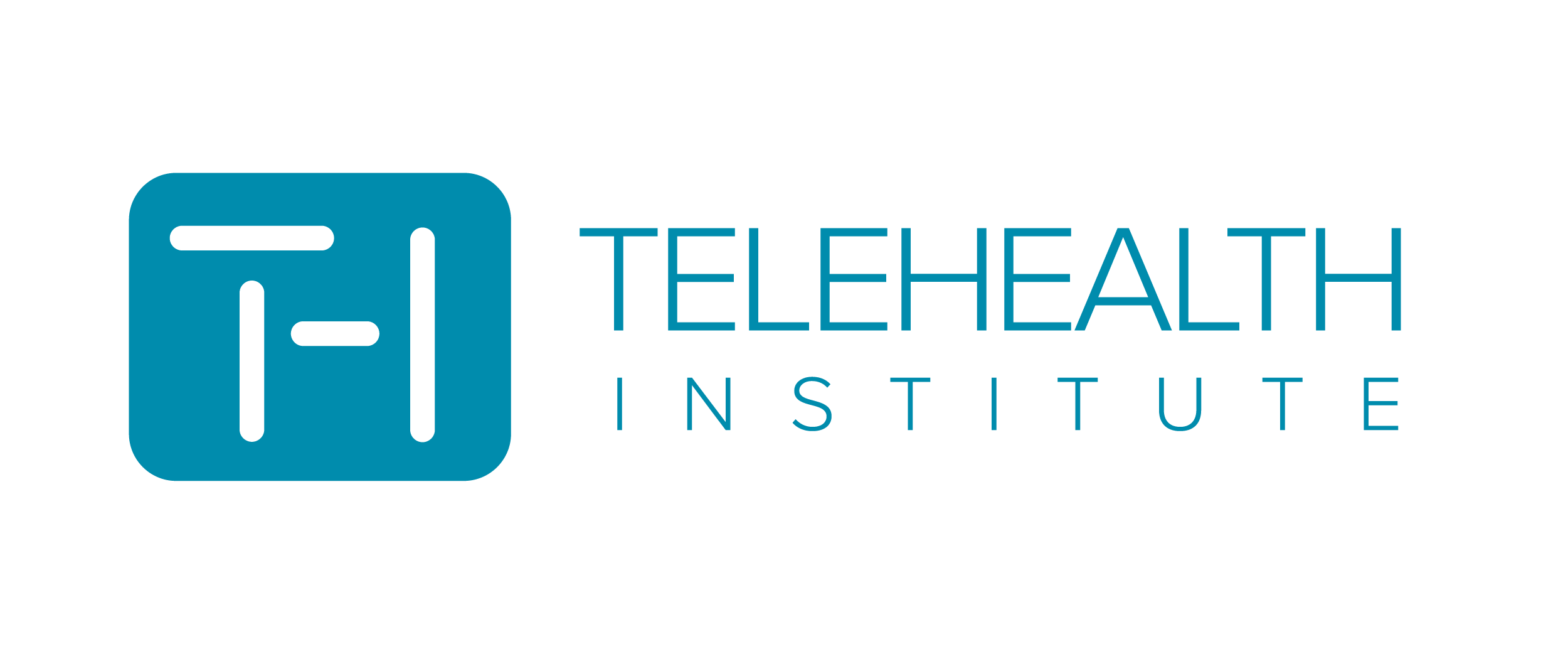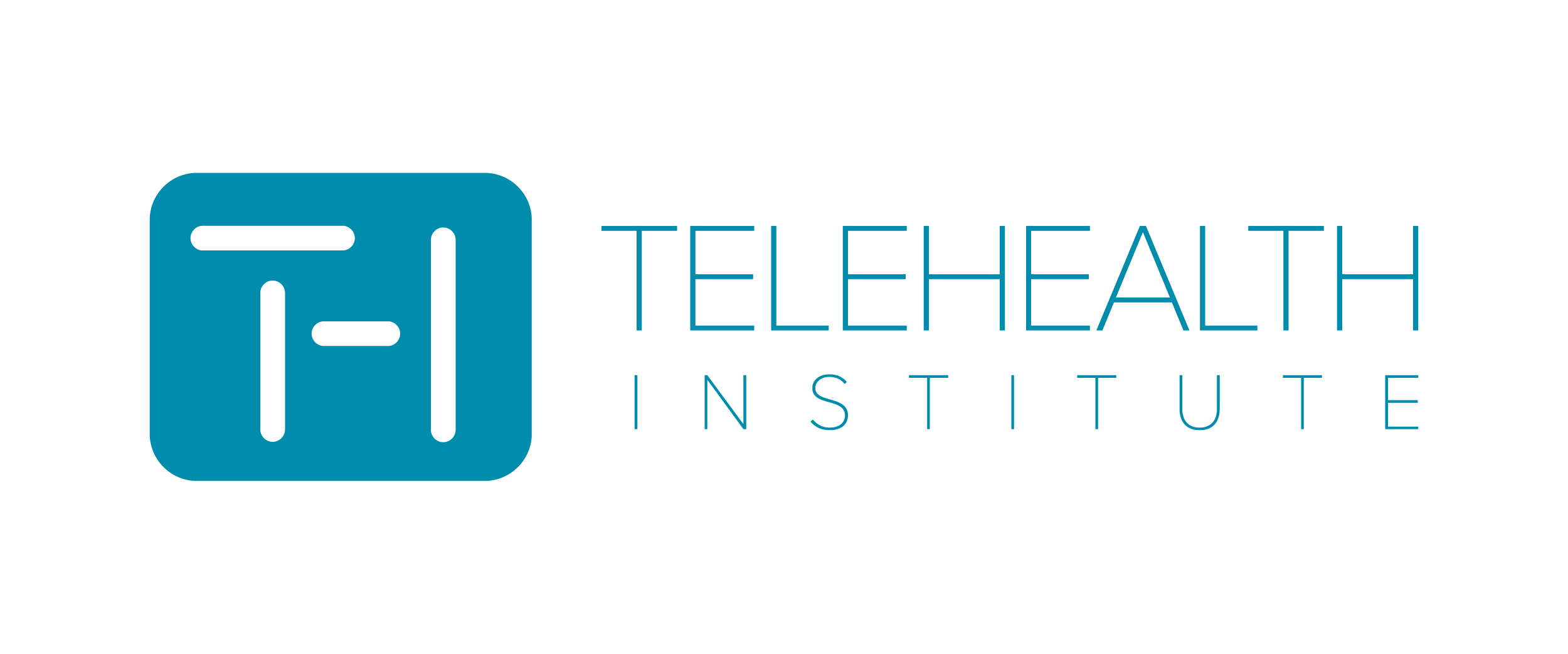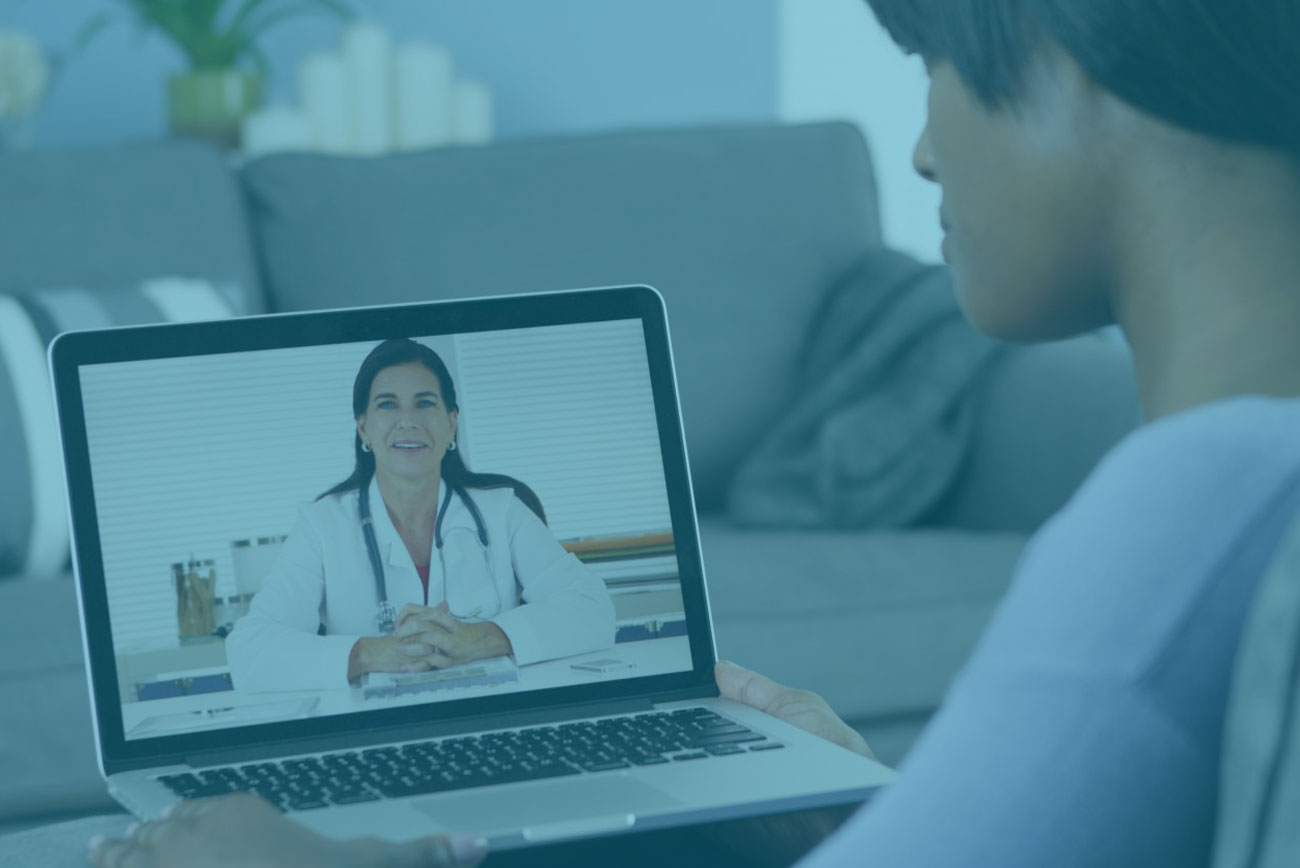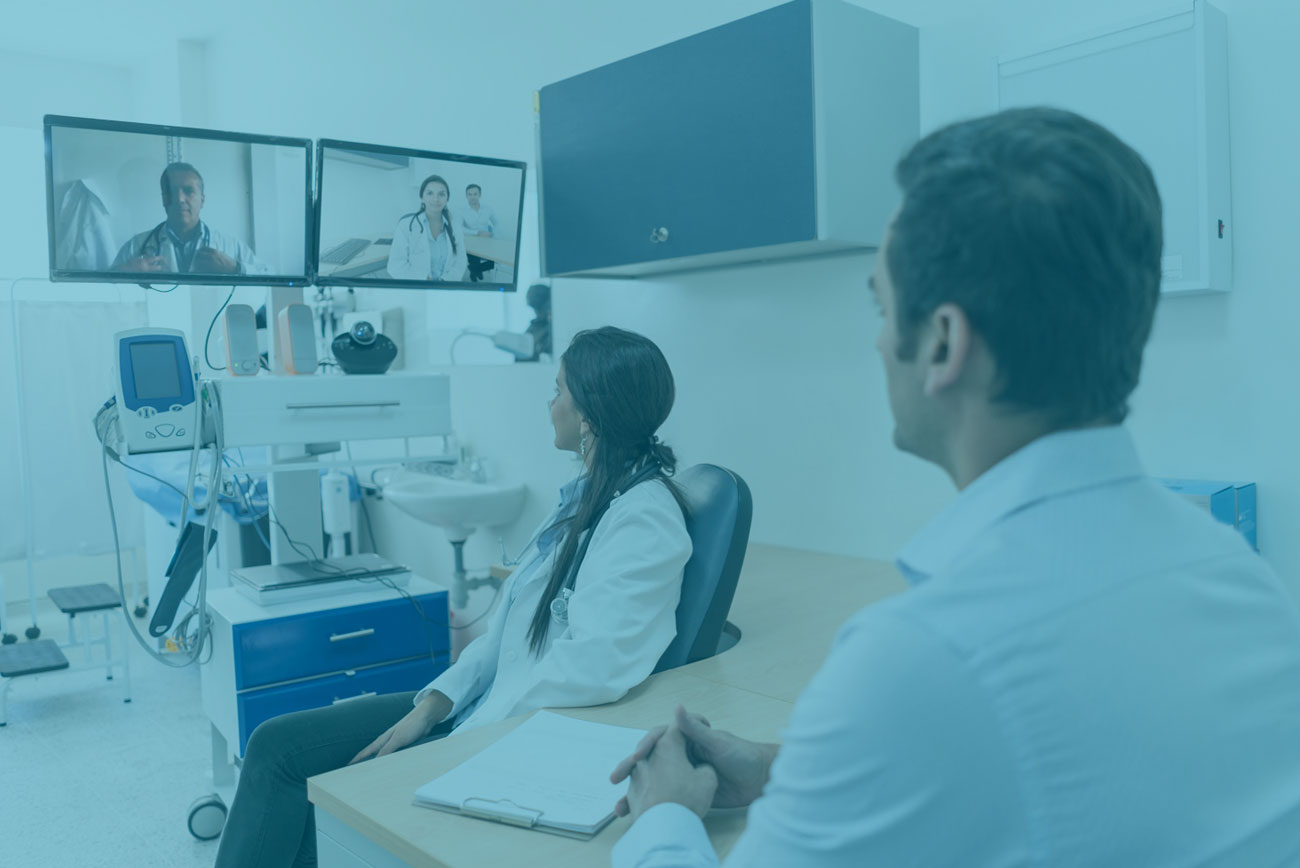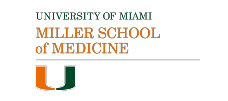Virtual care delivery is an essential skill for all physicians.
Telehealth is one of the fastest growing areas within healthcare, poised to change how patients access care and how doctors deliver it. As Telehealth expands globally and is adopted by more hospitals, there is an emerging need for trained professionals who will effectively and efficiently deliver Telehealth services. At Telehealth Institute, we’ve partnered with US medical schools and practicing physicians to educate future and current healthcare professionals from the fundamentals to the most advanced concepts of Telehealth.
Telehealth Partner


USA Medical School Partners
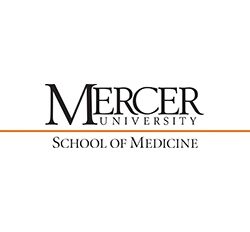



TELEHEALTH TRAINING FOR INTERNATIONAL STUDENTS & GRADUATES
Online Certificate Courses & Virtual Clinical Rotations

INT. MEDICAL & NURSING STUDENTS
Telehealth and medical education courses designed for medical and nursing students

INT. MEDICAL & NURSING GRADUATES
Telehealth courses and virtual clinical rotations offered by US clinicians
TEACHING FACULTY CREDENTIALS
A national network of board certified physicians with a passion for teaching
TI represents a network of over 100 world-class physicians, surgeons and researchers who are proud to serve as a diverse, inclusive, collaborative and collegial community of educators and mentors to medical students and graduates. Students will gain experience as they learn and train with select faculty with prestigious academic medicine backgrounds from institutions such as UCSF, Stanford, Johns Hopkins, University of Miami and Harvard.
VIRTUAL CLINICAL ROTATIONS
Virtual Clinical Rotations offers international medical students and graduates the opportunity to function within the United States health system by observing the virtual delivery of care. The program is meant to familiarize and acculturate a student to the practice of telemedicine in a US clinical setting.
- 4-week rotations
- Observe live patient encounters
- Earn a certificate of completion
- Earn a letter of recommendation

MEDICAL SPECIALTIES & SUBSPECIALTIES
Rotations are available in several medical specialties
FAMILY MEDICINE
CARDIOLOGY
INFECTIOUS DISEASE
PULMONARY
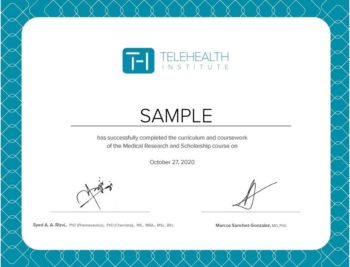
AMERICAN MEDICAL BOARD SUPPORT
“The Infectious Diseases Society of America (IDSA) strongly supports the appropriate and evidence-based use of telehealth and telemedicine technologies to provide up-to-date, timely, cost effective subspecialty care to resource limited populations and to provide continuing education and longitudinal support to ID providers.”
Infectious Diseases Society of America
“The Academy supports the appropriate use of telemedicine as a means of improving access to the expertise of Board certified dermatologist to provide high-quality, high-value care. Telemedicine can also serve to improve patient care coordination and communication between other specialties and dermatology.”
American Academy of Dermatology
“The expanding role of technology in the provision of psychological services and the continuous development of new technologies that may be useful in the practice of psychology present unique opportunities, considerations and challenges to practice.”
American Psychological Association
“Video-based telepsychiatry helps meet patients’ needs for convenient, affordable and readily-accessible mental health services.”
American Psychiatric Association
“Telemedicine technology has the potential to transform health care delivery and address many care coordination challenges facing the U.S. healthcare system. It can facilitate remote, mobile and site-to-site medical care. Telemedicine, a key innovation in support of health care delivery reform, is being used in initiatives to improve access to care, care coordination and quality and when properly used has the potential to reduce the rate of growth in health care spending.”
American Medical Association
“Telemedicine technologies can be used to efficiently provide pediatric physicians working in remote locations with ongoing medical education, increasing their ability to care for more complex patients in their community, reducing the burdens of travel on patients and families, and supporting the medical home.”
American Academy of Pediatrics
“ACP supports the expanded role of telemedicine as a method of health care delivery that may enhance patient–physician collaborations, improve health outcomes, increase access to care and members of a patient’s health care team, and reduce medical costs when used as a component of a patient’s longitudinal care.”
American College of Physicians
“The AAFP supports expanded use of telehealth and telemedicine as an appropriate and efficient means of improving health.”
American Academy of Family Physicians
